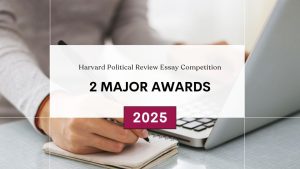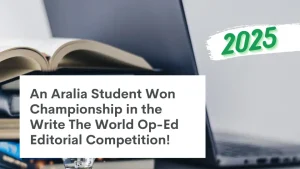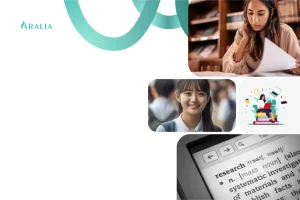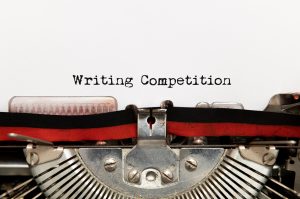Harvard International Economics Essay Contest (HIEEC)
The Harvard Undergraduate Economics Association (HUEA) is organizing its flagship Harvard International Economics Essay Contest with the collaboration of the Harvard College Economics Review.
Interested in the competition?

Competition Overview
Students in grades 9-12
Eligibility
$20
Entry fee
January 5, 2025
Submission deadline
End of March 2025
Winners annoucement
Competition Details
1. Introduction
The Harvard Undergraduate Economics Association (HUEA) is organizing its flagship Harvard International Economics Essay Contest in collaboration with the Harvard College Economics Review. HIEEC allows students to demonstrate an accomplished level of writing and understanding of economic theory. Students hone their academic and professional skills through the contest and exhibit their knowledge.
2. Harvard International Economics Essay Contest Topic:
- Environment: Carbon taxes have been implemented in many countries, including in Europe and the United States, and are considered to play a significant role in regulating greenhouse gas emissions. However, there are criticisms regarding this approach, such as the argument that it is not effective because enterprises may keep polluting as long as they pay the cost. Additionally, the competitive advantage of imported products from countries without carbon taxes raises questions about its effectiveness. What unique effects can be anticipated from carbon taxes compared to subsidies for renewable energy? To address the concerns currently raised about carbon taxation, what potential alternatives could be considered?
- Inequality: Consider a country where income taxes are used to address socioeconomic inequality by taxing a portion of citizens’ earnings, typically in a way that is proportional to income. Now, imagine that this government is debating a policy shift that would eliminate income taxes for all employed persons, replacing them with a new consumption tax on goods and services, proportional to the value of each item purchased. Analyze the potential short-term and long-term economic and social effects of this policy shift within this country, as well as possible impacts on its relationships with other nations. Would you recommend this approach as a viable alternative to income taxes? Additionally, consider how at least two different groups (e.g., high-income earners, retirees, unemployed persons) might view this policy change. Would they likely support or oppose it, and why?
- Workforce & Education: As automation and technological advancements continue to reshape industries, the skill sets required in the workforce are rapidly changing. How should education systems adapt to prepare students for a future dominated by automation and artificial intelligence? Evaluate the potential economic impact of reorienting education around STEM fields versus soft skills and critical thinking. What changes can be made at both the policy and institutional levels to ensure a workforce that is resilient and capable of thriving in an automated world?
- Crypto/Finance: With the rise of cryptocurrencies and the potential introduction of central bank digital currencies (CBDCs), the role of traditional central banks may undergo significant shifts. How might the widespread adoption of digital currencies affect monetary policy, financial stability, and global capital flows? Should central banks regulate or embrace these innovations? Discuss the potential benefits and risks of digital currencies for consumers, businesses, and governments, and analyze how monetary systems could evolve in response.
3. Prizes
- The top three winning essays will be published (with the author’s permission) on the website.
- A finalist list of the top submissions will be published online and adjudicated by a real-world economist.
- A list of names that will receive the “Highly Commended” distinction will also be published online.
Submission Details
1. Contest Rules
The word limit of 1500 must be strictly adhered to. Any words past the limit will be truncated. This limit excludes references, footnotes, titles, headers, and footers.
Include references in Chicago or APA format; plagiarism will result in disqualification.
Submit your essay in PDF format only; no other formats will be accepted, and no refunds will be given for incorrect submissions.
The essay must be original, not entered in any competition or published elsewhere.
No individual feedback on essays will be provided.
2. New for 2025
This year, the competition will only accept 200 submissions.












